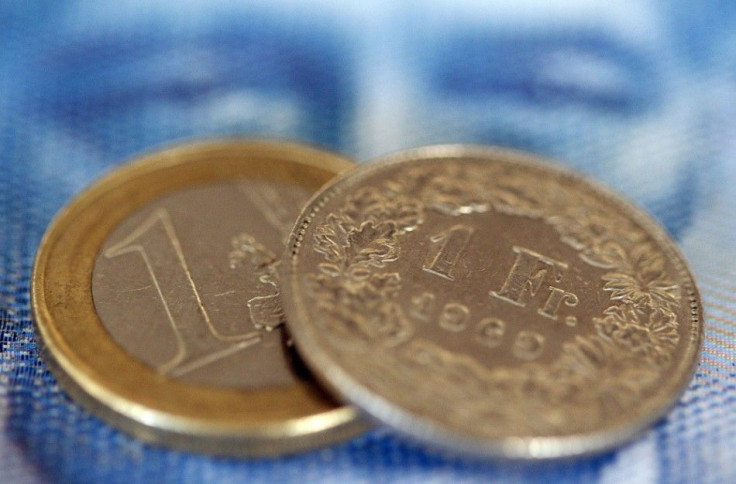EU Proposes Law Calling For Responsible Importation Of Minerals

The European Union proposed a law calling for the responsible importation of minerals and to prevent the trade of such in conflict-affected countries, Out Law reported. Last week, the European Parliament voted on the proposed measure, which will put in place a self-certification system for importers, smelters and refiners to discourage them from doing business with sources that are affected by armed conflict.
“The European Commission has produced a proposal to limit the import of so-called conflict minerals. These are minerals such as tin, tantalum, tungsten, and gold that come from countries and regions marked by armed conflict or that are at risk of conflict. The initiative attempts to set up a voluntary system in the EU for importers, smelters and refiners using these minerals,” a statement from the Parliament said.
Proponents behind the law argued that countries like the Democratic Republic of the Congo use the export of minerals to fund their illegal activities. “If approved, the regulation would give EU importers the opportunity to deepen ongoing efforts to ensure clean supply chains when trading legitimately with operators in conflict-affected countries,” the statement said.
“Under the original Commission proposal, an annual list of responsible smelters and refiners in the EU would be published to increase public accountability, boost supply chain transparency and facilitate responsible mineral sourcing. However, the Parliament report calls for a mandatory smelter/refiner certification,” the statement added.
EU is said to be the largest market for tin, tantalum, tungstenand gold. With more than 400 importers of such ores and metals, the EU is among the largest markets for the said minerals, which are commonly used in electronic devices. However the EU doesn't want to contribute to the funding of ongoing violence in the armed-conflict regions because ongoing conflict results to the death of children and women. In Congo, funding of rebel groups and factions have been through mining revenues.
The Global Policy website noted that mineral-rich countries are often marred by corruption and armed conflict, but only the rebel groups are benefiting from the mining revenues and use them to fund violent activities, while the rest of the population suffers. The proposed law has gained support from investors, stating that the proposal broadens corporate attention to the human rights impacts of supply chains.
However, the investors proposed some amendments to “ensure an important level of harmonization between the European proposal and currently operational US federal rules on corporate conflict minerals due diligence and reporting.” Several mining companies in other countries that sell minerals such as nickel and copper are importing responsibly, and are not tied to any group whose intention is to use the revenue to fund war or cause degradation in the environment.
One of those reliable companies is Amur Minerals Corporation (London AIM:AMC). The firm has discovered a large quantity of sulphide nickel in the Far East of Russia. Amur’s principal asset is the Kun-Manie sulphide nickel-copper project located in Amur Oblast.
To contact the writer, email: vittoriohernandez@yahoo.com





















